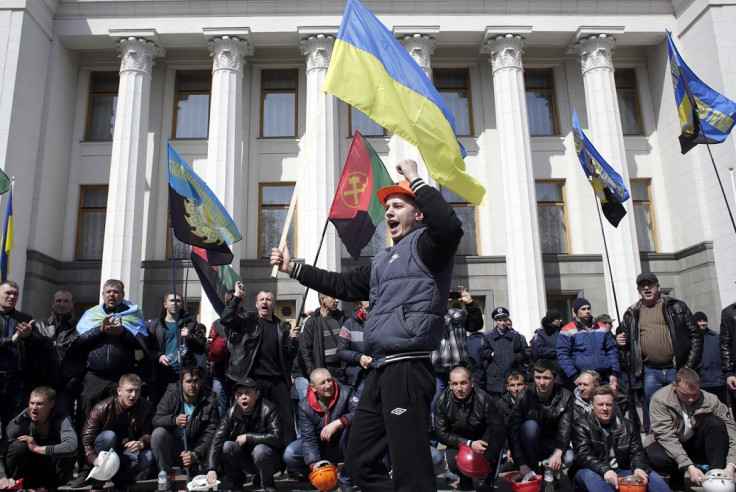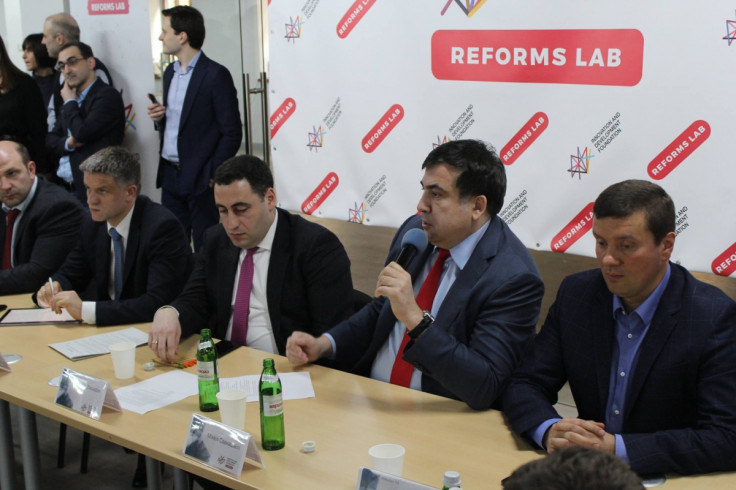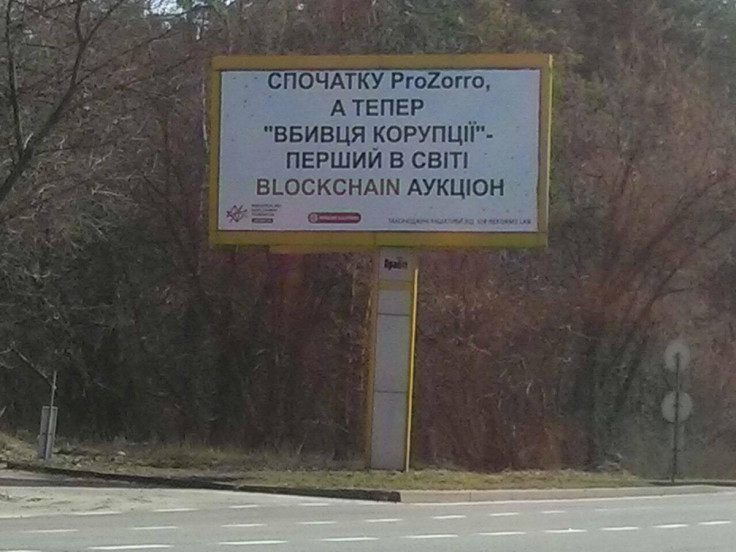Ukraine's government and biggest banks fight corruption with blockchain-based property auction

Ukraine's government and its biggest banks are on board a blockchain-based decentralised state property auction, part of a concerted effort to fight corruption.
In Ukraine, one of the main areas where corruption is rampant is in the sale and lease of state property and other rights through paper-based auctions. This has been completely solved by provably fair blockchain-based trading.
Ukrainian technology innovation group Distributed Lab implemented the eAuction platform in February under the auspices of Oschadbank, the state savings bank of Ukraine, and PrivatBank, the largest commercial bank in the country with 25 million customers, as well as Microsoft Azure cloud and Unity Bars.
The whole initiative is driven by non-government organisation Innovation and Development Foundation (IDF) as part of up and coming Ukrainian reforms. That definitely makes the eAuction one of the largest and most important public blockchain initiatives in operation.

Dr Pavel Kravchenko, one of developers at Distributed Lab, told IBTimes: "Everybody knows that the state doesn't run things efficiently. The government has to get rid of the land it owns to pay back its debts to the IMF, which also requires the state to reduce its control of assets.
"This project is helping to drive change in Ukraine. International investors have forced the Ukrainian government to fight corruption, so now the state can use this project as a sign to say: 'Ok, we are fighting it.'
"Imagine, the biggest bank that is owned by the oligarch, actually doing this as well. They are doing a lot of open-source stuff as well as using the open auction.
The blockchain is connected to the regular banking infrastructure using signed receipts from banks; when somebody makes a bid, payment goes to a particular account (seller of the property) and the bank can produce such a receipt. This is added to the blockchain and proves that money actually was sent thought particular trading platform.
Kravchenko added: "When they integrated the auction into the bank, they had to integrate digital signatures and a special API to retrieve signed receipts, so it's connected to core back offices. They did this integration in just two days." This approach also solves KYC, as the bank always identifies its payee and this information is stated in the receipt. The next step, noted Kravchneko, is to make semi-anonymous auctions, where bidders are able to prove that they paid deposits without revealing their own identity.
The blockchain that runs the auction platform is designed from modules of Distributed Lab's INFRA system, which is based on Stellar's source code. The system creates equitable trading platforms by way of proof-of-stake consensus protocol, which means users buy a stake in the system proportional to the size of their bids.
Kravchenko said: "Our decision was to make the third-party observer (i.e. anybody) the source of truth. But it was hard to define what is 'truth'.
"That's why we decided that money is the ultimate truth, meaning that users will use those trading platforms that behave correctly.
"Using a trading platform means paying for bids through this platform. So the final decision was to make proof-of-stake like consensus algorithm when stake size of the platform equals percentage of money that was sent through it.

"This leads to a conclusion that if some trading platform is corrupted (for example, sells property cheaper to specific users while rejecting higher bids from regular users) then users will move to another trading platform and therefore increase its stake size."
Kravchenko said the business community is most excited by the project. "So we even have a billboard installed all around the capital that say the 'first in the world blockchain auction – a cure to corruption'."
Coin Telegraph recently reported that Ukraine has the biggest Blockchain and Bitcoin community in Eastern Europe. Ukrainian enthusiasts are raising people's awareness of these technologies by holding educational events for everyone.
© Copyright IBTimes 2025. All rights reserved.






















